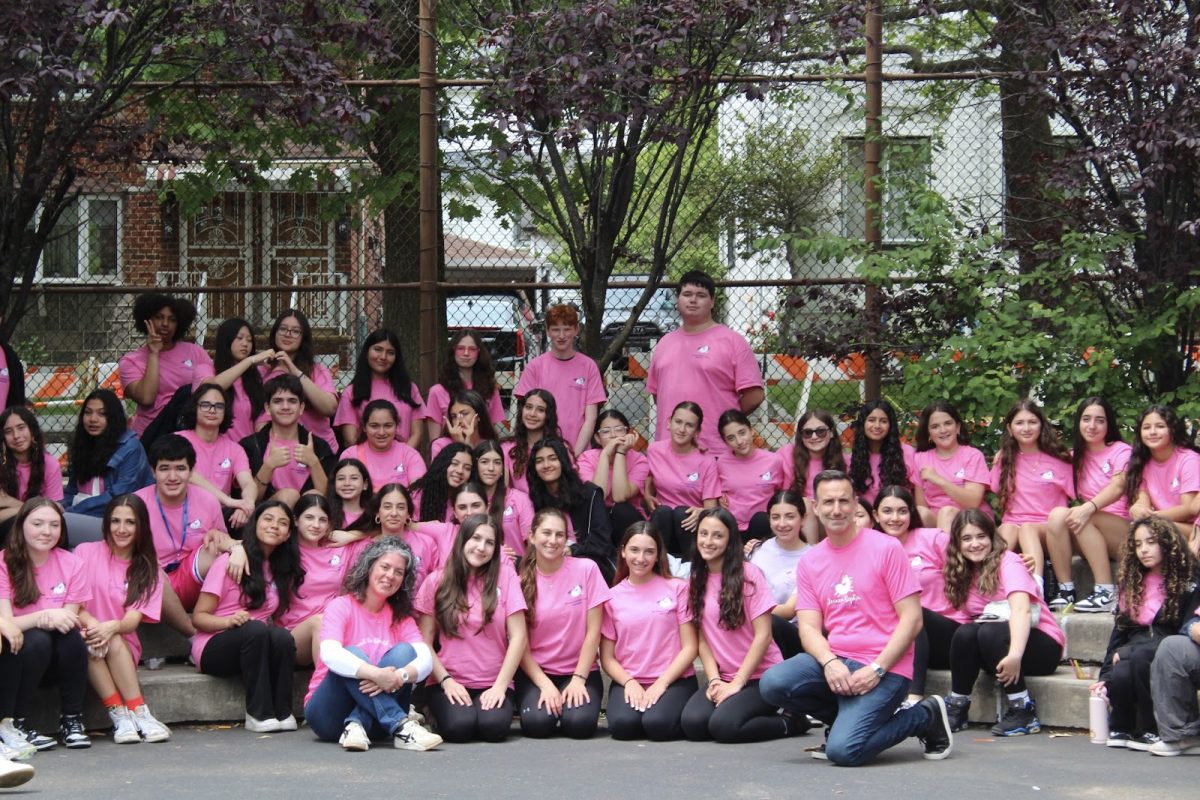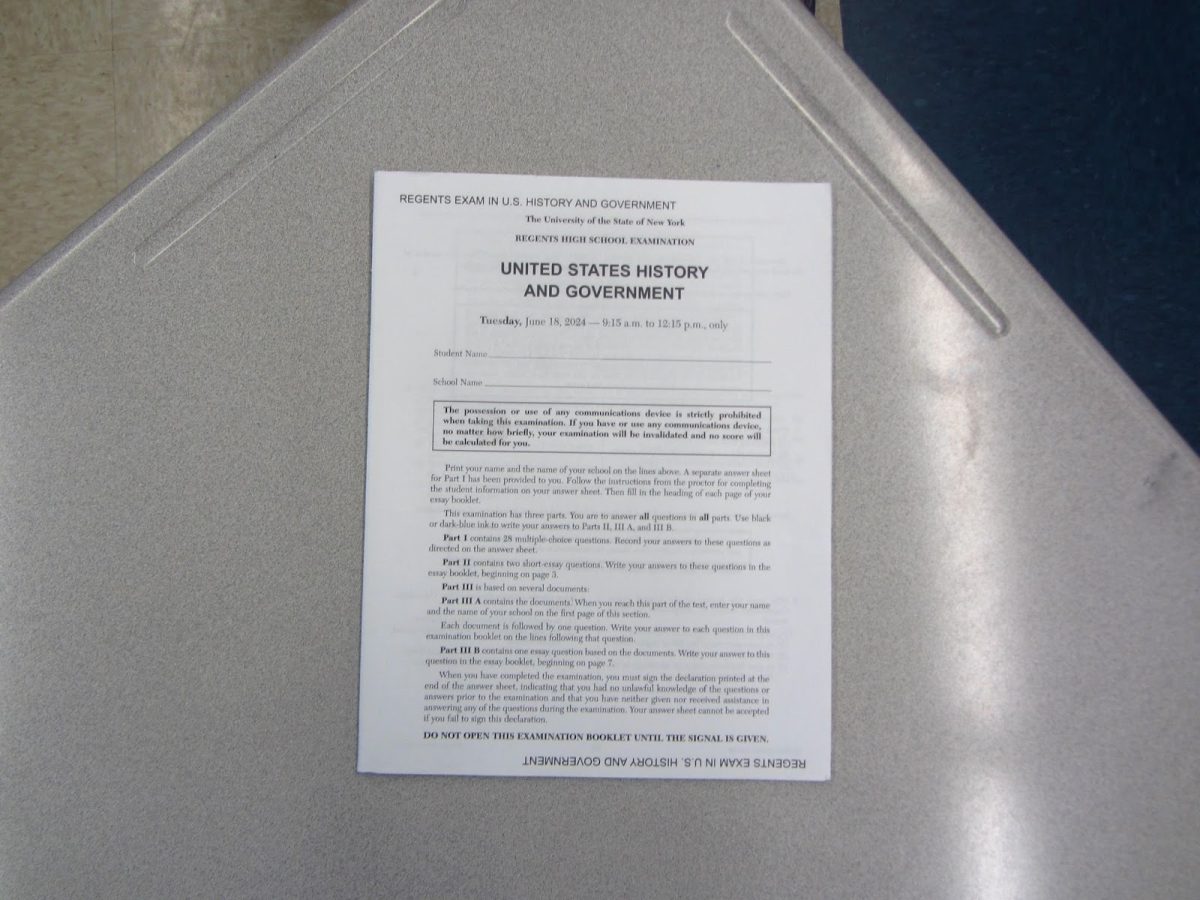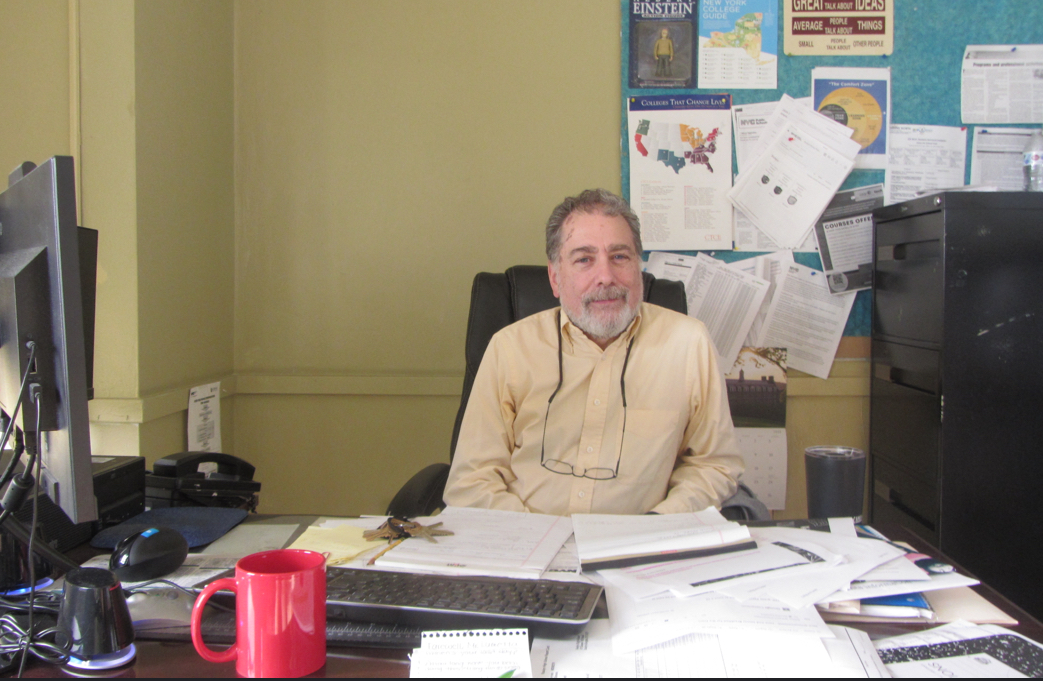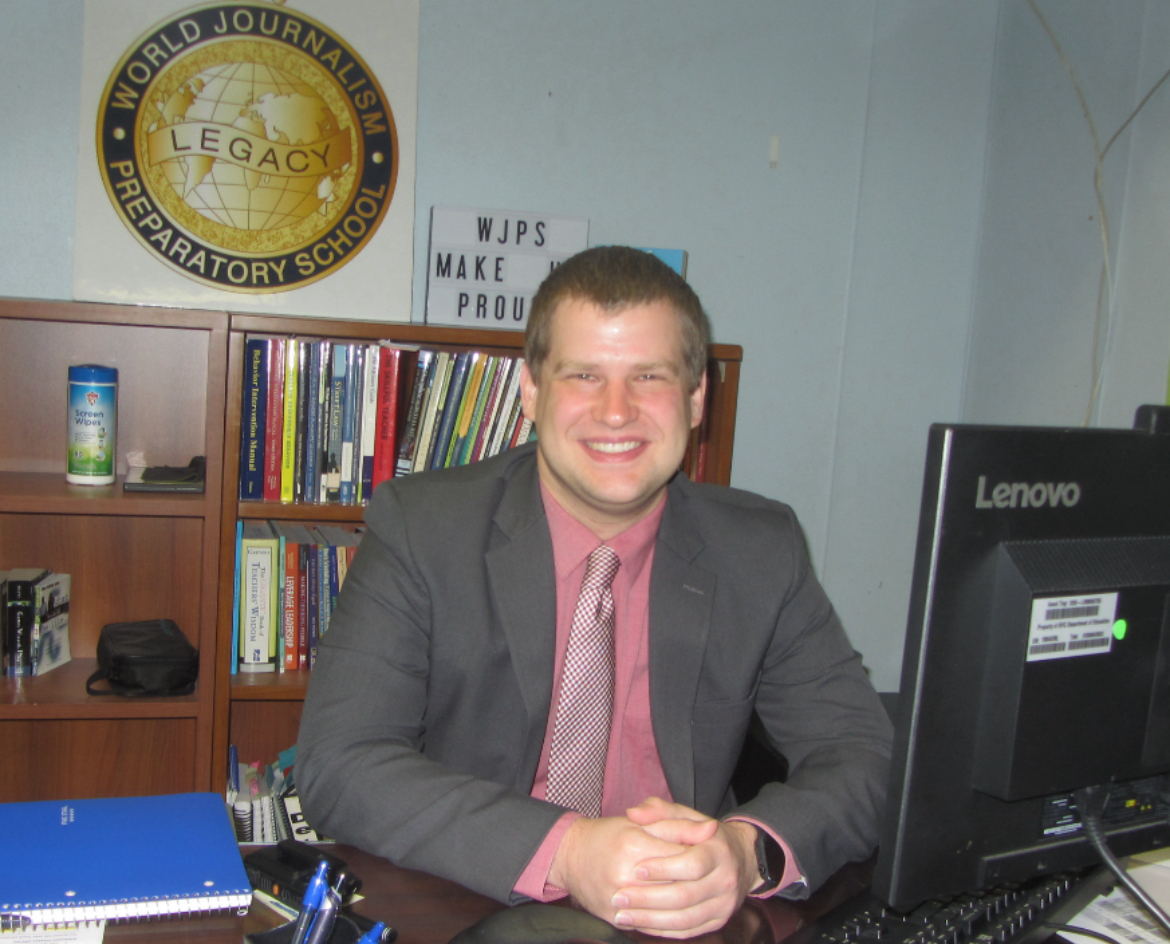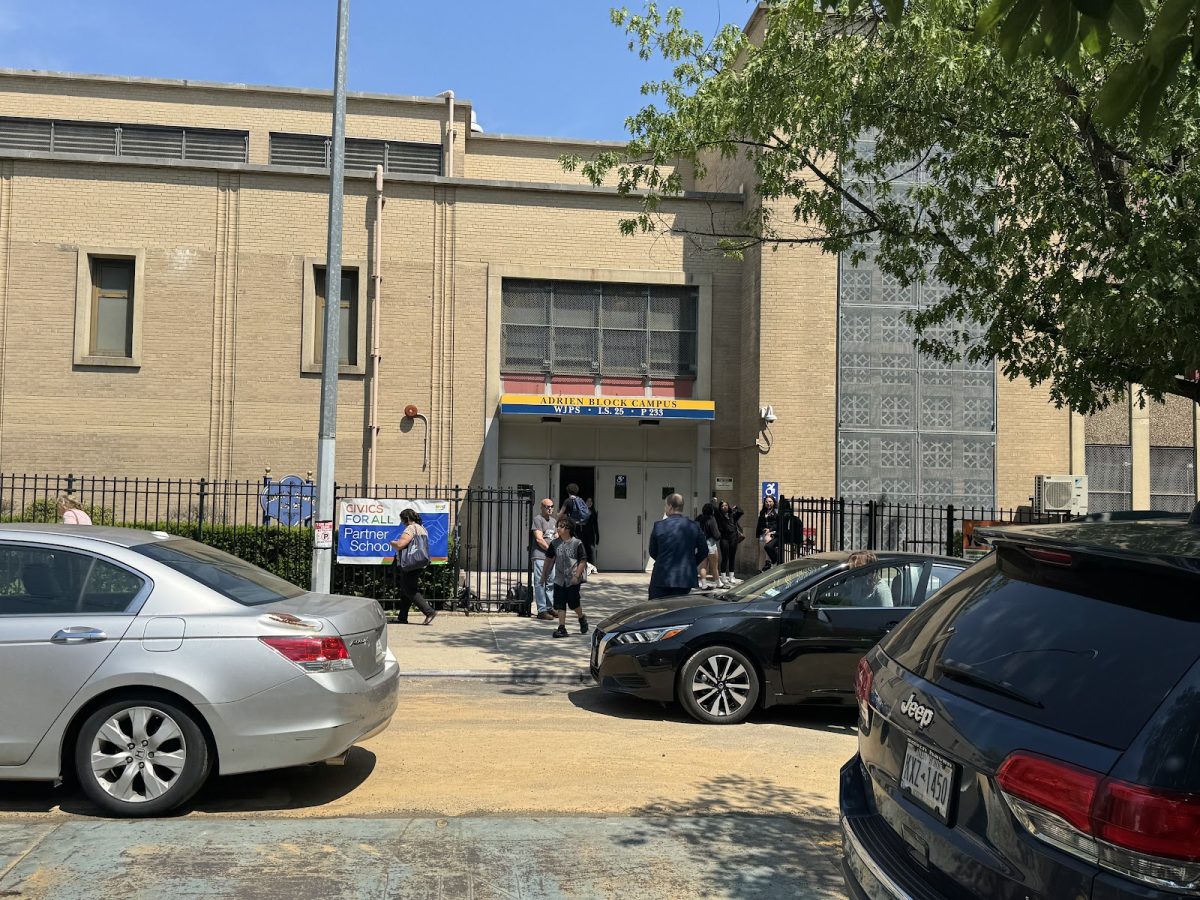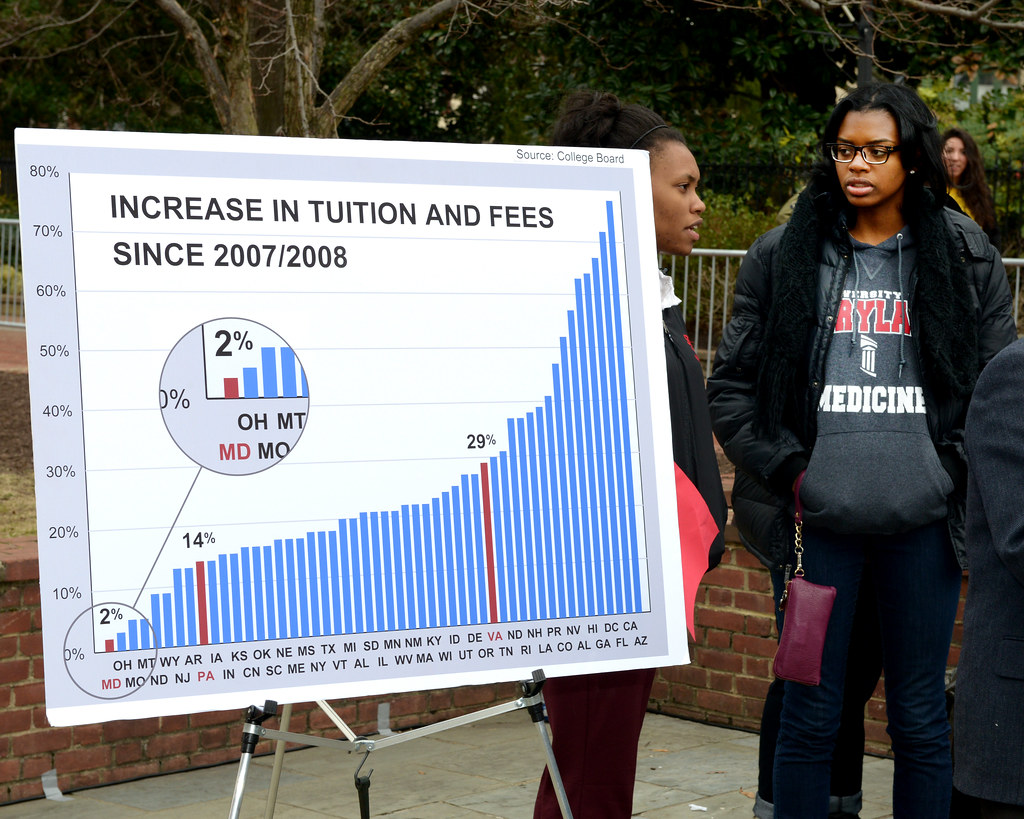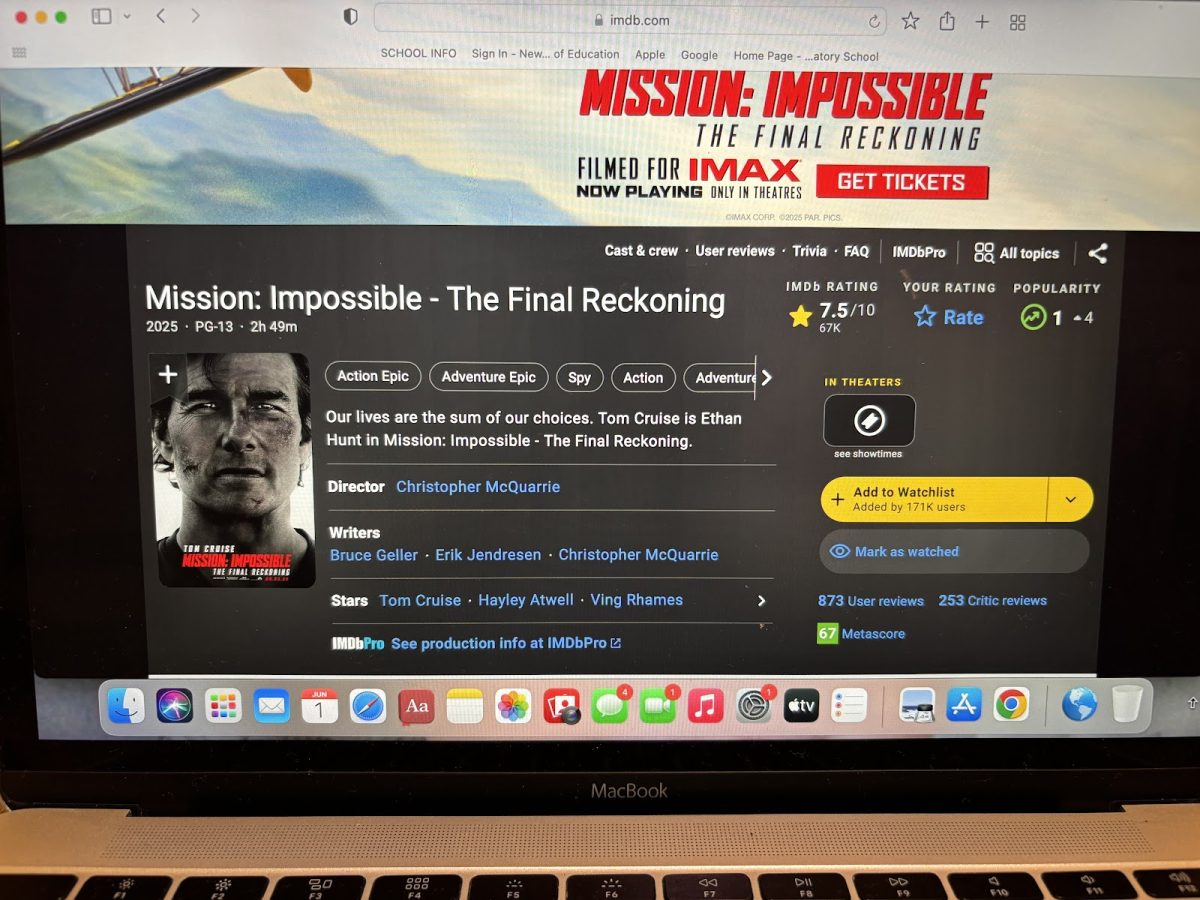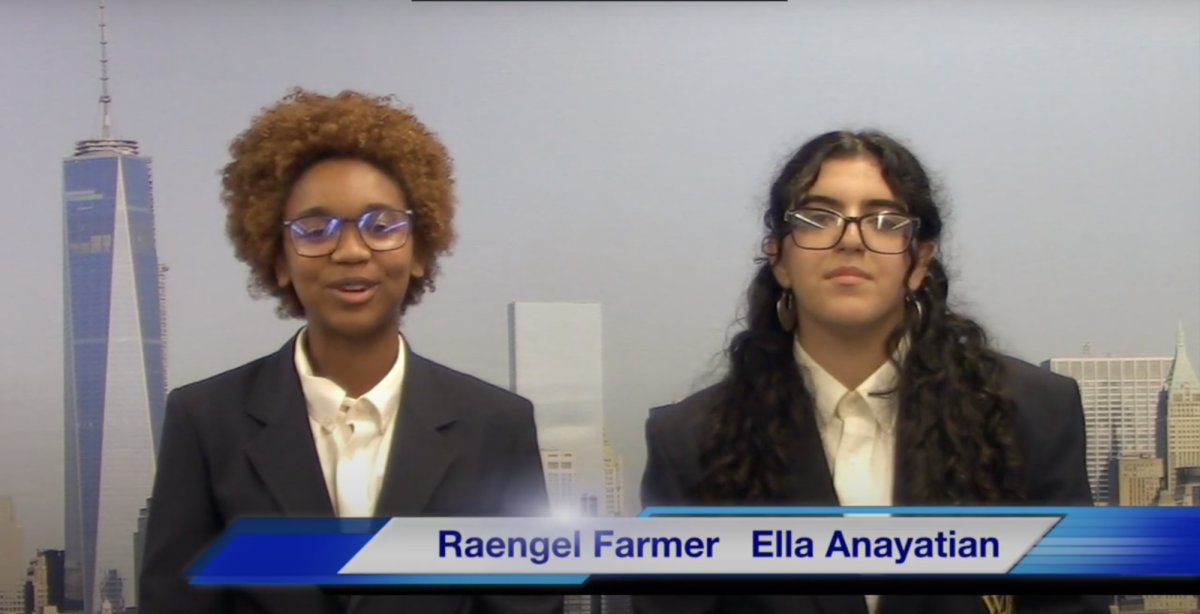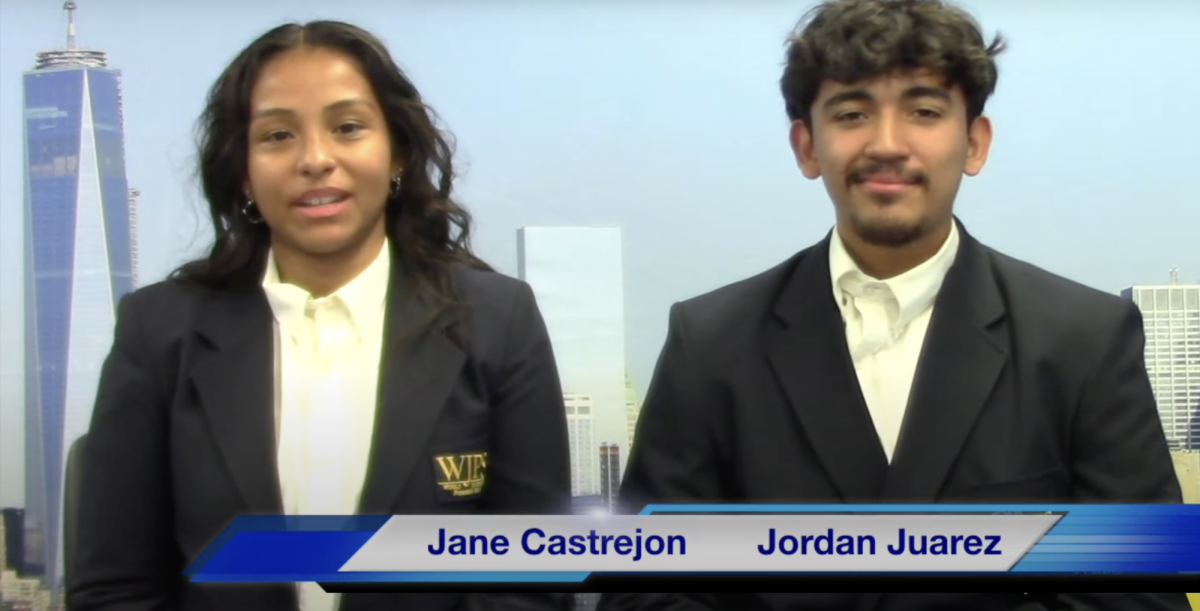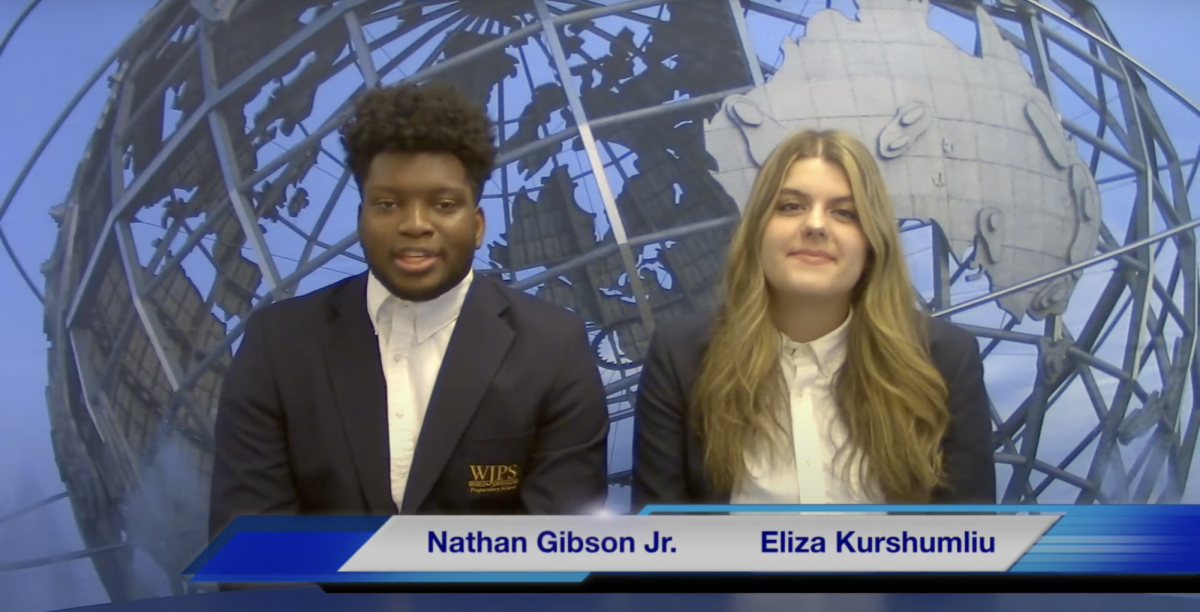by Alexander Mildener, staff reporter
From an allergy season where people are sniffling, to warmer oceans leading to severe weather like hurricanes, climate change has impacted daily life on Earth. The effects have been alarming. Global Warming has even revived serious diseases like Malaria. The health of our environment affects everyone.
Increase in the allergy season
Factories and industries release enormous quantities of Carbon Dioxide into the atmosphere. This causes plants to grow at a faster rate and they produce more pollen throughout the year. As a result, allergy season starts sooner and ends later. As pollen counts have increased so has the cases of severe allergy symptoms and asthma.
“My allergies have gotten worse over time,” junior Kyle Sandor said. “They were at first seasonal, and now they seem to be year round. Sometimes I find it hard to breathe and swallow, accompanied by a lot of sneezing.”
According to Time Health, statistics show that the number of people who had asthma in 2010 was double the number of people who had asthma in 1980. This number continues to increase.
Severe Weather
For the past twenty years, hurricanes have become increasingly common. And deadly. In order for a hurricane to develop the water temperature must be 80 degrees. Now that oceans are warming, hurricanes can penetrate further north. According to Science Daily, scientists predict that by the end of the century, hurricanes will become a common sight to the New York area.
Warmer water temperatures also melts ice and causes more precipitation resulting in the rise in water levels. In fact, some people who live on low level islands are in danger of losing their homes and their lives because of rising sea levels.
Rise of formerly eradicated diseases
Climate change has spread and revived serious diseases. Insects that thrive and inhabit warmer climates can now penetrate further north and spread tropical diseases. According to Environmental Graffiti, due to climate change, there has been off season precipitation that contains infected larvae which has revived various diseases, such as malaria.
Is there any solution?
There are many challenges in tackling the issue of Global Warming.
According to Senior Biologist and Riverhead Foundation Director, Rob DiGovanni, “Spending our resources wisely is the biggest problem we have.”
There are many environmental organizations working towards a common goal, however government agencies are cutting funds which causes competition amongst the various environmental organizations. Resources are wasted as a result of these groups not sharing with one another.
Rob DiGiovanni posed the question, “Can we coordinate our efforts to understand the impacts [of Global Warming]? How can we make everyone aware of what we are doing? How do you get people to work together as a society? We need to support programs and follow them through. It all becomes political and it shouldn’t be the case. We are making Global Warming a political case and it shouldn’t be.”
Resources for help
There are things everyone can do in their everyday life to help prevent Global Warming from accelerating. For example, people can turn off the lights when they are not in a room or turn off their T.V when they are not watching it. This helps save energy. Recycle and use renewable resources such as solar energy instead of gas and oil. These little actions can impact the whole world.
To learn more about saving energy and simple solutions to how you can help without even leaving your home check out this website. www.energystar.gov/index.cfm?c=kids.kids-index
To find out more about environmental groups and events in Queens, check out this website. http://queensbuzz.com/green-queens-environmental-efforts-in-queens-cms772
Also, WJPS has a Wildlife Conservation Club and an Environmental Club that are dedicated to protecting the environment, for all living creatures. Help protect the environment.


